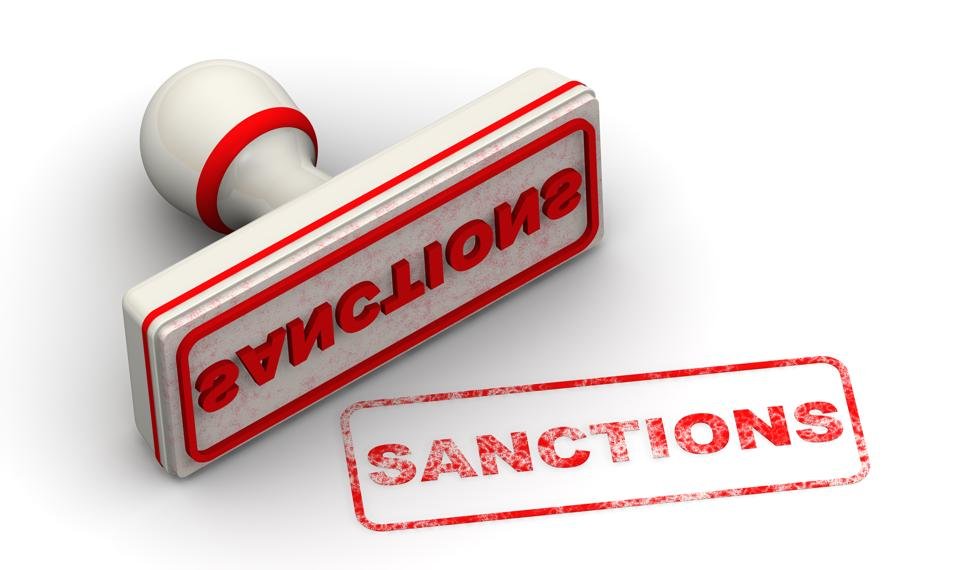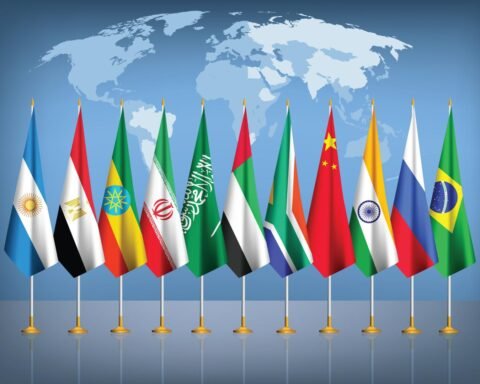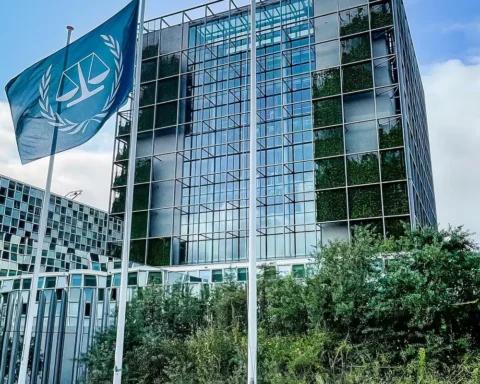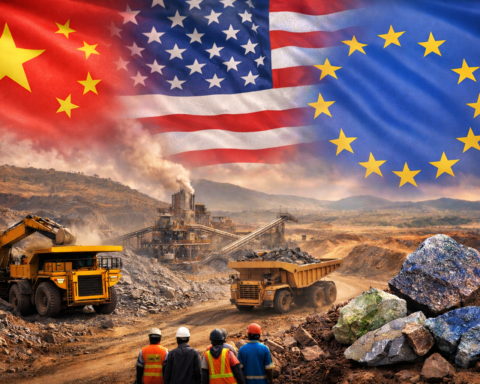It starts with a travel advisory. Then a visa delay. Then a quiet list of “high-risk” regions.
To the casual observer, these may look like routine security updates. But for diplomats and travelers across Africa, they increasingly resemble something else — the quiet weaponization of mobility.
In recent months, the United States and several European governments have issued repeated security warnings about Tanzania and other East African states, cautioning citizens to avoid “large gatherings” or “potentially unstable” regions such as Zanzibar and Mtwara. None of these advisories have been mirrored by Tanzanian authorities, who insist that the country remains peaceful ahead of national elections later this year.
Yet, the frequency and tone of such alerts — especially from Washington — have stirred unease among observers who see them as part of a broader trend: using travel policy as a subtle instrument of political leverage.
Once limited to genuine safety crises, travel alerts are now often issued preemptively, just before elections, protests, or even diplomatic disagreements. Analysts say these patterns reveal a deeper message — one that extends beyond security.
“When a powerful country issues repeated warnings against visiting your nation, it doesn’t just protect its citizens,” says Dr. Emmanuel Mushi, an international relations scholar at the University of Dar es Salaam. “It shapes global perception — suggesting instability where there may be none. That is soft power at work.”
This shift comes at a time when African nations like Tanzania are asserting greater economic and cultural independence, questioning Western prescriptions on governance, human rights, and trade. Some see the surge in travel warnings as part of a broader response — a diplomatic pressure tactic disguised as public safety.
For many Tanzanians, the double standard is glaring. Every week, news outlets in the United States report mass shootings or political unrest, from Chicago to Texas. Yet, foreign embassies do not issue equivalent advisories to warn visitors against traveling to America.
“When violence happens in the U.S., it’s ‘a tragedy.’ When it happens anywhere in Africa, it’s a ‘security threat,’” says Lilian Mtega, a journalist and policy analyst. “The difference is not the level of risk — it’s who controls the narrative.”
Indeed, Western advisories can carry heavy economic and reputational costs. Tourism operators in Zanzibar say that a single “avoid travel” headline can wipe out months of bookings, even if the situation on the ground is calm. Investors, too, hesitate when global embassies imply that an election might turn volatile.
The Politics of Movement.
Beyond travel advisories, visa regimes themselves have become more restrictive and unpredictable.
Students, businesspeople, and journalists from Tanzania increasingly report longer visa wait times, additional background checks, or unexplained denials when applying for Western visas — especially to the United States and United Kingdom.
Diplomats and civil society leaders describe a quiet frustration: that the ability to travel, study, or attend conferences abroad has become an instrument of gatekeeping rather than cooperation.
“This is a form of 21st-century neocolonialism,” argues former Member of Parliament Riziki Lulinda. “They open our borders to their consultants, investors, and NGOs — but close theirs to our students, entrepreneurs, and artists. The imbalance is deliberate.”
Her warning resonates beyond Tanzania. Across Africa, professionals and youth are questioning why Western nations that champion “mobility” and “exchange” are increasingly the ones building new bureaucratic walls.
There’s also the question of national image — and the quiet humiliation that comes with being perpetually branded as unsafe.
“When your country is constantly portrayed as unstable, it doesn’t just affect tourism. It affects how your citizens are treated abroad,” says Dr. Mushi. “It becomes psychological — people begin to internalize a sense of inferiority.”
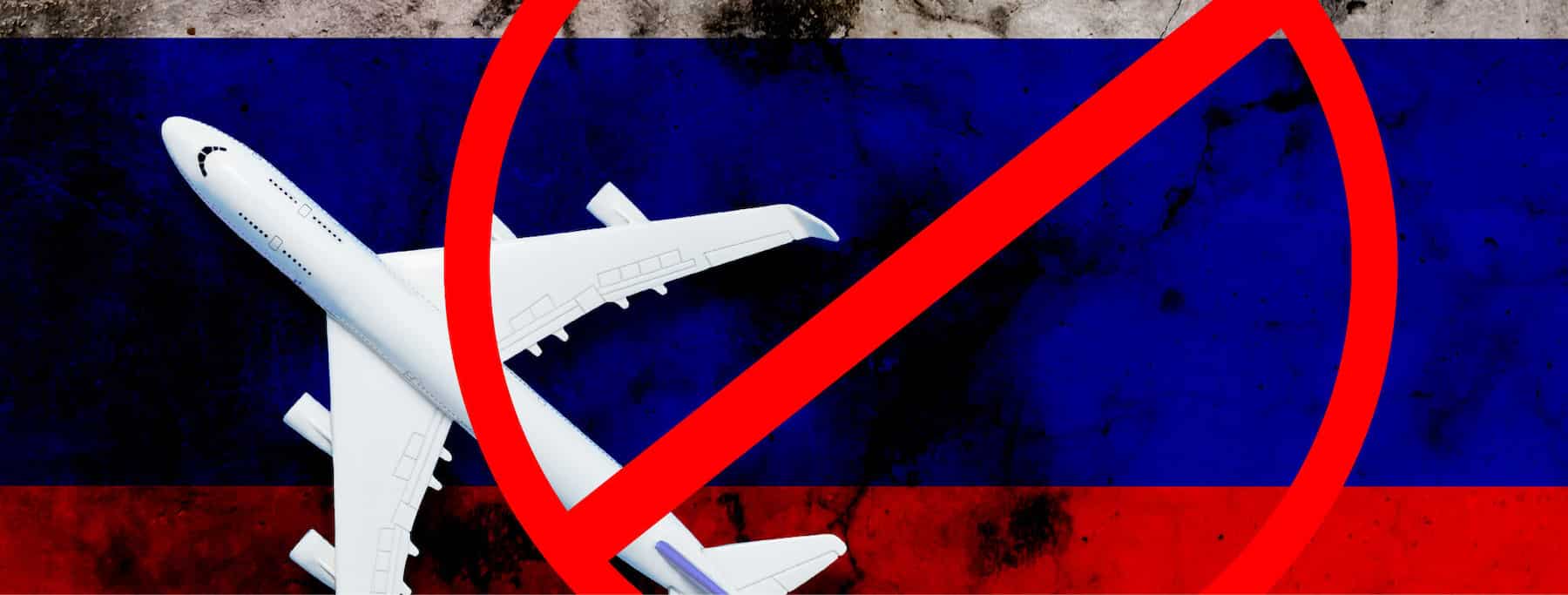
That dynamic, he says, feeds a cycle of dependency: the West defines security, the West defines credibility, and developing nations are left to explain themselves over and over.
Meanwhile, travelers from the same Western capitals — journalists, aid workers, and diplomats — continue to move freely across Africa, often under the protection of the very governments whose policies restrict African travel in return.
Critics point to the hypocrisy in how “risk” is defined. A small protest in Dar es Salaam or Kampala can trigger an international warning, while large-scale political demonstrations in Paris, London, or New York are described as part of democratic expression.
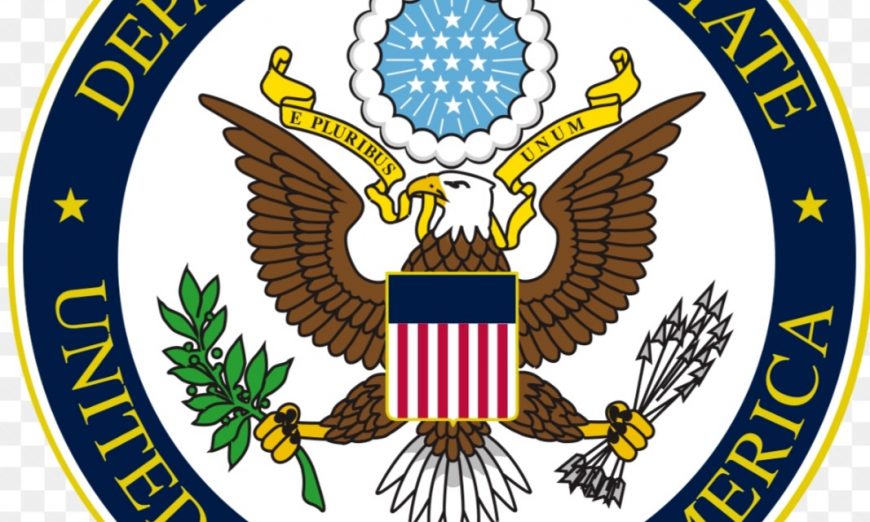
“Security warnings have become political signals,” says Mtega. “They’re a way of saying: we’re watching you, we don’t fully trust you, and we’re telling the world so.”
Some diplomats, speaking privately, agree that travel advisories often serve a dual purpose: to caution travelers, yes, but also to subtly pressure governments to align with Western expectations — on elections, foreign policy, or human rights.
Tanzania’s government has maintained composure, insisting that dialogue and diplomacy will guide all engagements. Yet, analysts warn that the line between legitimate security caution and political interference is growing thinner.
If the current trajectory continues — tightening visa conditions, expanding restrictions, and issuing politically timed alerts — the next step may be formal travel bonds or new entry requirements under the guise of migration control.
And if that happens, critics say, it would confirm what many already fear: that mobility itself has become a tool of modern sanction. “First they restricted trade,” says Dr. Mushi. “Then they restricted aid. Now they’re restricting movement. That’s how soft power becomes control.”
As the world enters a new age of geopolitical competition, Tanzanians — like many Africans — are asking a simple question: If democracy is about equality, why does the passport you hold still determine your worth?

